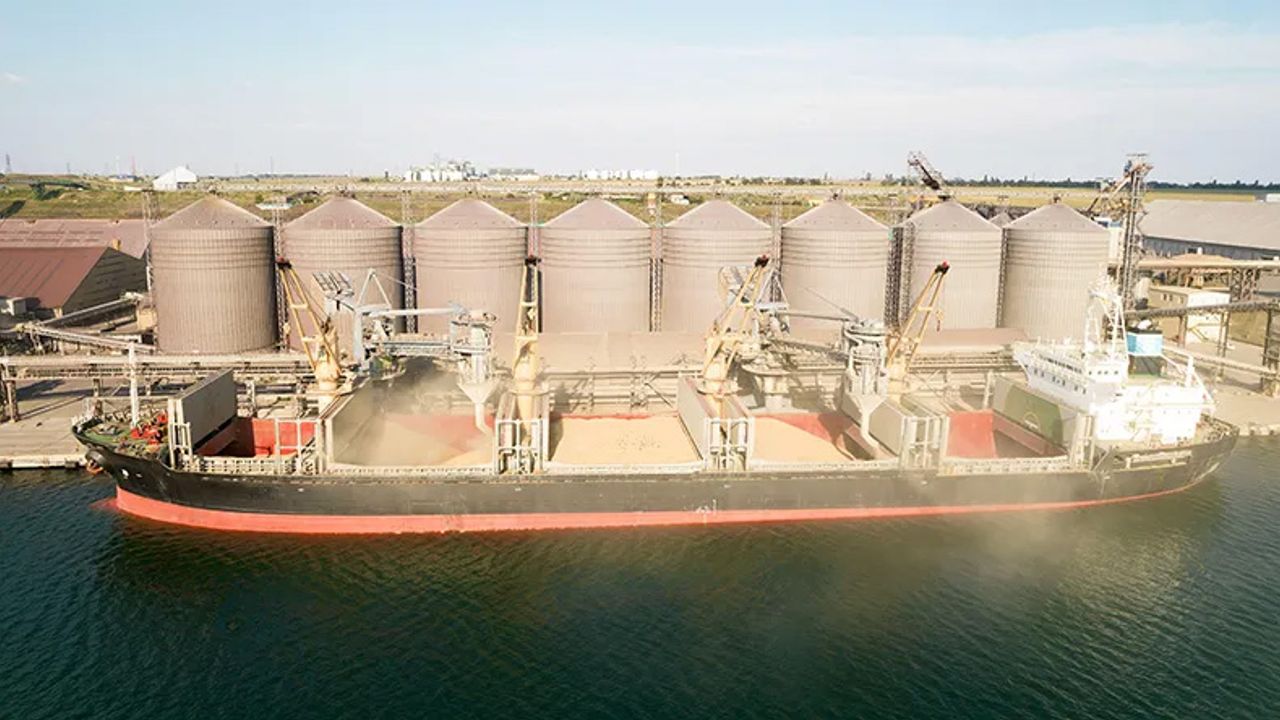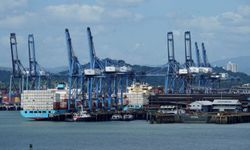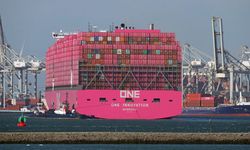The proposed lease would be for 50 years and aims to boost Poland’s access to Black Sea maritime routes, enabling more efficient export of grain to international markets, particularly Africa.
According to Kołodziejczak, the port would handle Polish grain exports, as well as grain from other parts of Europe. He emphasized that the Black Sea route offers economic advantages, noting that the average price of wheat transported via this route is approximately PLN 100 higher per ton, primarily due to reduced shipping distances to African destinations.
The grain intended for export would be sourced from agricultural regions such as Zamość, Lublin, and Podkarpacie, known for their fertile land. Kołodziejczak highlighted the potential of utilizing Ukraine's existing wide-gauge rail infrastructure to facilitate the transportation of Polish and possibly Western European grain into Ukraine for maritime export.
In addition to the port project, Kołodziejczak suggested leasing up to 500,000 hectares of agricultural land in Ukraine for use by Polish livestock companies.
The minister also raised concerns regarding Ukraine’s potential accession to the European Union, citing possible impacts on the Polish agricultural sector. He proposed a 10-year restriction on Ukrainian investments in Poland’s agri-food industry if Ukraine becomes an EU member.
This proposal reflects growing interest among EU countries in securing alternative maritime export routes amid evolving geopolitical and trade conditions in Eastern Europe. If realized, the port in Odesa could enhance Poland’s role in global grain logistics while increasing the strategic importance of Black Sea shipping corridors.







